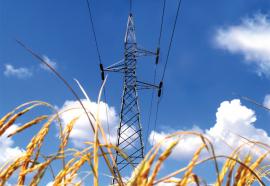Stakeholder Collaboration
Consensus building is an imperative and educational art form.
With public opposition rising against almost any kind of utility project or investment, collaboration among stakeholders with widely divergent points of view never has been more critical. Three recent utility cases demonstrate how a formal stakeholder collaboration process can build support for otherwise contentious decisions.









